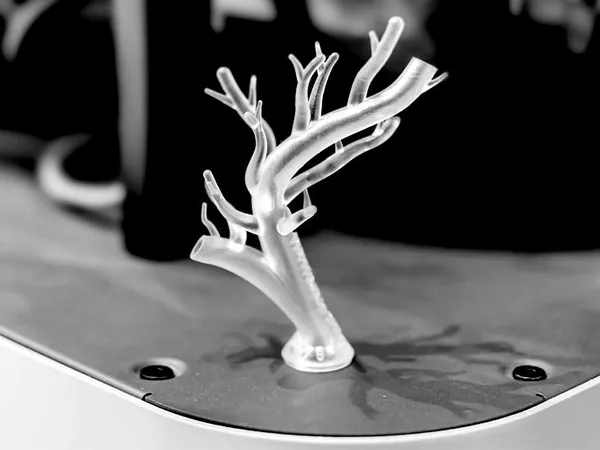
Revolutionary Hybrid Biomaterial Could Reverse Aging in the Heart!
2025-06-24
Author: Jessica Wong
Unlocking the Secrets of Heart Aging
A groundbreaking study is shining a light on a lesser-known aspect of cell biology that may hold the key to reversing heart aging! Researchers are diving deep into the extracellular matrix (ECM), an essential network that supports cells and influences their behavior.
What is the Extracellular Matrix?
The extracellular matrix serves as the body's cellular scaffolding, providing vital structural support, preventing tissue from adhering incorrectly, enhancing intercellular communication, and facilitating wound healing. Its significance in heart health is becoming increasingly clear.
The Aging Heart: A Stiffening Problem
As we age, our organs—including the heart—begin to lose efficiency. New findings suggest that changes in the ECM might contribute significantly to the decline in cardiac function. This study, published in *Nature Materials*, indicates that these alterations may lead to the stiffening of cardiac muscle, creating problems for blood circulation.
Surveying the Landscape of Cardiac Health
The researchers are shifting the focus of aging studies from cellular changes to the ECM itself. Jennifer Young, the lead author of the study, highlights the paradigm shift: "Most aging research centers on how cells change over time. Our study zeroes in on how the ECM evolves and affects heart aging."
Introducing the DECIPHER Model!
To unravel the ECM's role, the researchers developed a cutting-edge model named DECIPHER (DECellularized In Situ Polyacrylamide Hydrogel-ECM hybrid). Merging rat heart tissue with a lab-made gel mimics the ECM's characteristics, allowing an unprecedented examination of cardiac changes.
Can Younger Signals Overcome Older Structures?
The study revealed fascinating insights: when young signaling pathways were applied to stiffer ECM, they lessened dysfunction in the aging heart! Conversely, old signaling on flexible ECM revealed severe performance issues.
The Implications of This Research
This suggests that the biochemical environment surrounding aged heart cells is more consequential than stiffness itself. Dr. Nishant Kalra, an interventional cardiologist, emphasizes the importance of surface molecules found in younger heart tissues, which may inhibit cells that promote fibrosis in stiff environments.
A Future of Hope for Heart Health
With potential therapeutic targets uncovered, this research paves the way for innovative interventions to combat age-related cardiac dysfunction. However, further validation through human studies is essential to translate these findings into treatment.
Act Now for a Healthier Heart!
While the promise of new treatments is exciting, don’t wait to support your heart health! Making science-backed lifestyle changes today can significantly enhance your heart's longevity and efficiency. Stay tuned as we continue to explore these fascinating developments!





 Brasil (PT)
Brasil (PT)
 Canada (EN)
Canada (EN)
 Chile (ES)
Chile (ES)
 Česko (CS)
Česko (CS)
 대한민국 (KO)
대한민국 (KO)
 España (ES)
España (ES)
 France (FR)
France (FR)
 Hong Kong (EN)
Hong Kong (EN)
 Italia (IT)
Italia (IT)
 日本 (JA)
日本 (JA)
 Magyarország (HU)
Magyarország (HU)
 Norge (NO)
Norge (NO)
 Polska (PL)
Polska (PL)
 Schweiz (DE)
Schweiz (DE)
 Singapore (EN)
Singapore (EN)
 Sverige (SV)
Sverige (SV)
 Suomi (FI)
Suomi (FI)
 Türkiye (TR)
Türkiye (TR)
 الإمارات العربية المتحدة (AR)
الإمارات العربية المتحدة (AR)